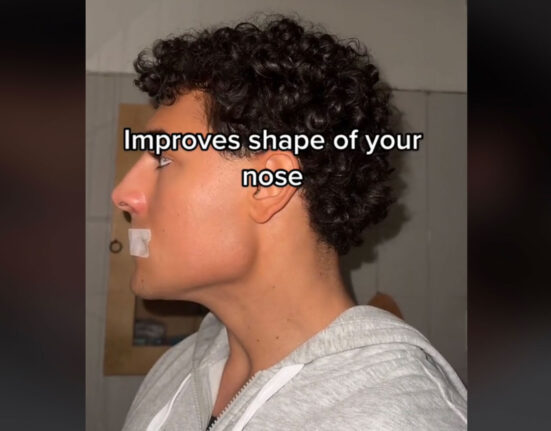Congratulations to the United States for taking the crown in one unique category—swearing! While the nation may have its challenges in healthcare, education, and life expectancy, when it comes to colorful language, Americans are leading the pack. Recently, linguists in Australia delved into the Global Web-Based English Corpus (GloWbE), a treasure trove of over 1.9 billion words from 1.8 million web pages spanning 20 English-speaking countries.
This ambitious study aimed to unravel how people sprinkle their written communications with naughty words. The researchers honed in on a curated list of 597 vulgarities, exploring various misspellings and iterations of profane expressions across different contexts. This meticulous analysis marked a pioneering effort in dissecting the intricate world of linguistic vulgarity.
In their publication in Lingua, Schweinberger and Kate Burridge from Monash University articulated that swearing is not just simple obscenity but a nuanced and multifaceted linguistic behavior. They highlighted Charles Darwin’s observation that humans possess an innate inclination towards novelty and expressiveness, constantly reshaping and refining their modes of communication. As they aptly put it,
“Vulgar language is the natural playground for unleashing this linguistic creativity.”
While diving deep into linguistic subtleties, Schweinberger and Burridge revealed a clear winner—the US emerged as the frontrunner in using colorful vocabulary online. Schweinberger noted with a hint of humor that both the United States and Great Britain outperformed Australia when it came to employing vulgar language digitally.
Surprisingly, Australia found itself trailing behind nations like Singapore, New Zealand, Malaysia, and Ireland in online potty-mouth competition. Schweinberger speculated on Australians’ unique relationship with swearing by suggesting that they might save their colorful language for face-to-face interactions rather than digital communication due to cultural nuances.
Beyond mere statistical rankings, these findings shed light on how language evolves within societies—impacting both native speakers and those embracing English as an adopted tongue. According to Schweinberger, understanding when to sprinkle conversations with humor or mild vulgarity plays a crucial role in fostering inclusion, nurturing relationships, and navigating social landscapes effectively.
Indeed, as Schweinberger rightly pointed out:
“It’s not just about speaking correctly—it’s about speaking appropriately.”
So next time you catch yourself dropping an expletive or two online or offline—remember you’re not just expressing yourself; you’re contributing to the rich tapestry of linguistic evolution!
From crafting innovative gadgets to uncovering top-notch gear deals—the PopSci team has got you covered with expert reviews and buying guides tailored for tech enthusiasts like you!








Leave feedback about this